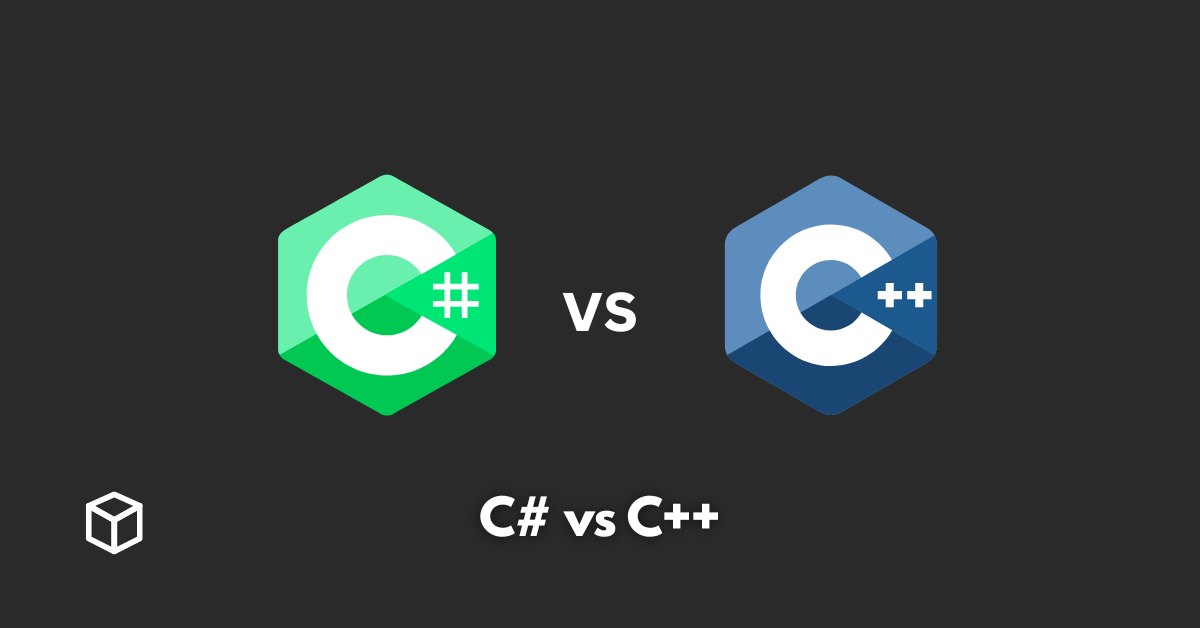C# and C++ are both popular programming languages that have been around for many years.
They are both object-oriented languages and have similar memory management techniques.
However, there are also some significant differences between the two languages that make them suitable for different types of projects.
In this article, we will explore the similarities and differences between C# and C++, and discuss the pros and cons of each language.
Similarities between C# and C++
Both C# and C++ are object-oriented languages, which means that they support encapsulation, inheritance, and polymorphism.
This makes them well suited for creating complex and large-scale applications.
Both languages also use similar techniques for managing memory, such as automatic memory management and garbage collection.
Additionally, the syntax of the two languages is quite similar, which means that developers who are familiar with one language will find it relatively easy to learn the other.
Differences between C# and C++
One of the main differences between C# and C++ is the level of control that the developer has over memory management.
C# has automatic memory management (garbage collection) built-in, which makes it easier for developers to write code without worrying about memory leaks.
However, this also means that developers have less control over how memory is allocated and deallocated.
C++, on the other hand, allows for more low-level memory manipulation, which gives developers more control over how memory is used, but also requires more knowledge and care to avoid memory leaks.
Another significant difference is that C# has built-in support for Windows Forms, which is a graphical user interface (GUI) library.
It means that developers can create desktop applications with a GUI using C# more easily than with C++.
C++, on the other hand, does not have built-in support for GUI libraries, so developers have to use third-party libraries or frameworks to create desktop applications with a GUI.
Use cases
C# is primarily used for Windows desktop and web development.
It is the primary language used for developing .NET applications, which are often used for creating business applications and web services.
C++, on the other hand, is often used for game development and system/application programming.
The C++ language is also often used in embedded systems and other low-level programming projects.
Pros and Cons of C# and C++
C# has several advantages that make it a good choice for certain types of projects. For example, it is easier to learn for beginners, as the automatic memory management and built-in support for Windows Forms make it less complex than C++.
Additionally, C# has a large development community, which means that there are many resources and libraries available for developers to use.
However, there are also some disadvantages to using C#. For example, the automatic memory management means that developers have less control over memory management, which can be a problem for certain types of projects.
Additionally, C# is less cross-platform than C++, which means that C# applications are generally not portable to other platforms.
C++ has several advantages that make it a good choice for certain types of projects. For example, it allows for more low-level memory manipulation, which is useful for game development and other low-level programming projects.
Additionally, C++ is widely used for game development and system programming, which means that there are many resources and libraries available for developers to use.
However, there are also some disadvantages to using C++. For example, it is more difficult to learn for beginners, as it requires more knowledge and care to avoid memory leaks.
Additionally, C++ does not have built-in support for Windows Forms, which means that developers have to use third-party libraries or frameworks to create desktop applications with a GUI.
Conclusion
In conclusion, both C# and C++ are powerful programming languages that have their own strengths and weaknesses.
C# is easier to learn for beginners and has automatic memory management and built-in support for Windows Forms, making it well-suited for Windows desktop and web development.
C++, on the other hand, allows for more low-level memory manipulation and is widely used for game development and system/application programming.
It ultimately depends on the specific use case and project requirements as to which language is the better choice.
For beginners, C# may be the better choice as it is easier to learn, while experienced developers may prefer C++ for its more advanced features and control over memory management.
In this blog post, we have explored the similarities and differences between C# and C++, and discussed the pros and cons of each language.
We hope that this post has helped you to better understand the two languages and make an informed decision about which language to use for your next project.
References:
We also recommend checking out the latest updates and resources available for both languages and to consult with experts in the field before making any decision.




